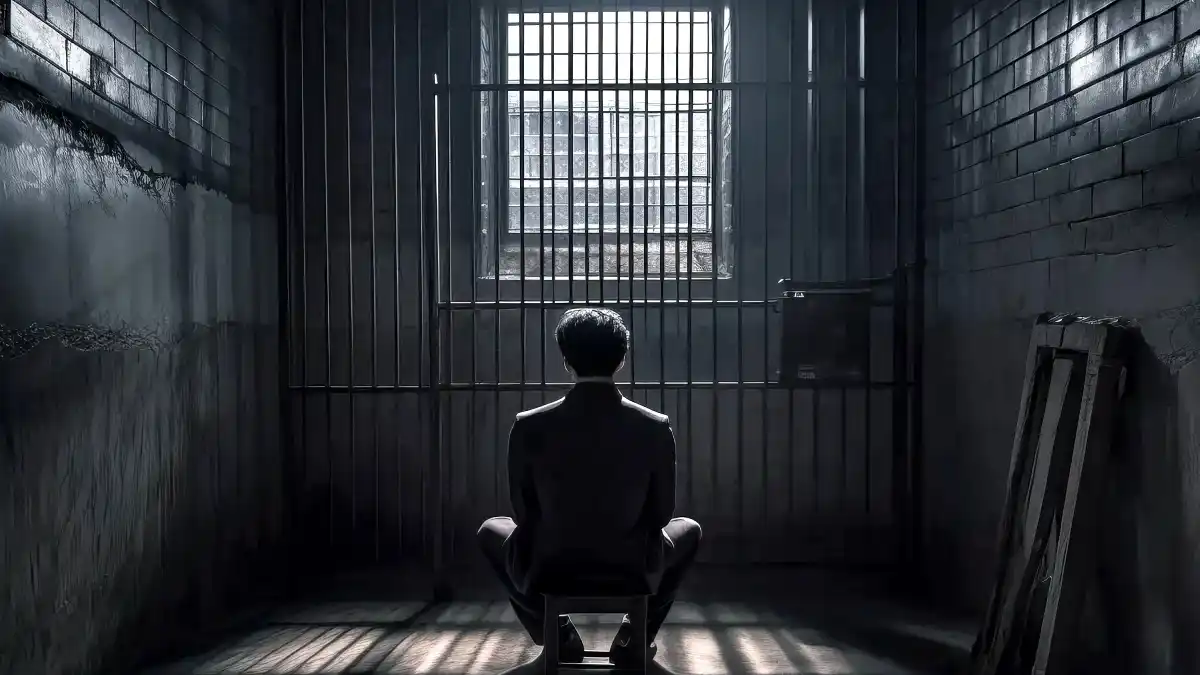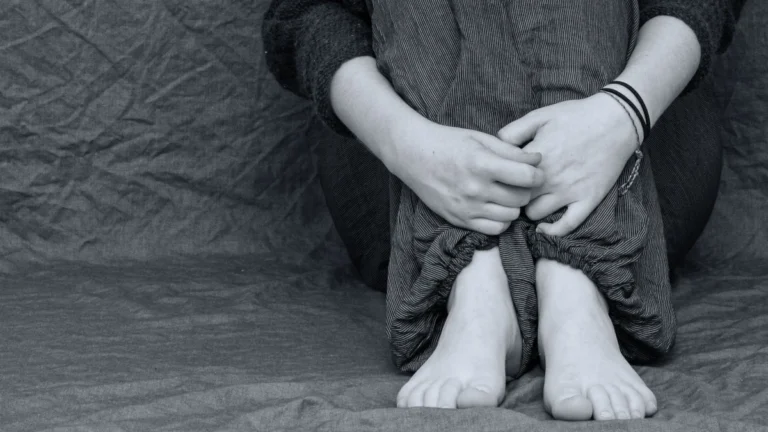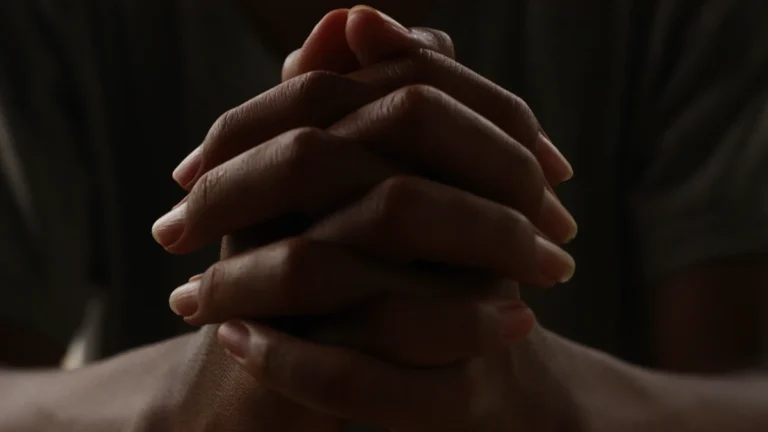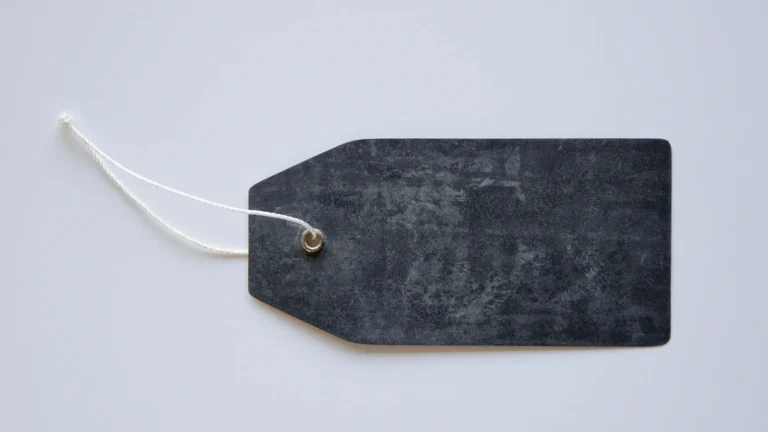Escaping the Filters, the Bubbles, and the Sedation of Convenience
I am now sufficiently fossilized that my youngest children stand at the ceremonial threshold of adulthood — adulthood as defined by the bureaucratic calendar, not by any genuine transformation of the spirit. I’ve long suspected that true adulthood is less a rite of passage than a reluctant molting, a peeling away of the larval self that rarely happens before one’s thirties, often later, and in far too many cases, not at all. But we have grown accustomed to letting legal fictions define us: in Austria, you are an “adult” at 18, which is to say the law anoints you a fully functioning Homo sapiens at the very age when you are still essentially a half-baked adolescent with a learner’s permit for life.
Nobody — not one among the hordes — is genuinely fit to be catapulted into the brutal carnival of adult responsibility at 18. Even the precociously sober-minded, those with some uncanny grasp of consequence, falter when forced to carry the weight of true adulthood that young. The meager outcomes of baby-faced “adults” raising children speak volumes. Infants trying to parent infants, inevitably leaning on their own parents to play surrogate guardians to the grandchildren. The cycle of arrested development masquerading as continuity.
When my wife was pregnant with our first child, I found myself in Washington, D.C., for business and happened to meet a Brigadier General of the U.S. Army. He congratulated me and remarked that, where he came from, you did not become a man at any legislated age but rather with the arrival of your first child. I was in my late thirties then, but his words struck a resonant chord. And yet — I also know fifty-year-old Peter Pans with broods of their own, eternal adolescents proving that the general’s definition, while noble, is far from infallible.
Leap forward more than a decade and my youngest son, burdened by the sadistic rituals of modern schooling, had to write a short blurb on the subject of “filter bubbles.” His teachers treated it as a matter of algorithms and screens, as though the concept had been minted by Silicon Valley. But while we discussed it, I nudged him toward the deeper truth: every one of us has lived in a filter bubble since birth, since before the species stumbled out of the caves and berry bushes. The original model requires neither Wi-Fi nor touchscreen — it is built into the nervous system itself.
And for most of human history, this was not only excusable but necessary. When you belong to a tribe of hunter-gatherers, survival affords you no luxury of independent inquiry. You cannot reinvent fire every Tuesday. You must swallow truths whole: who is ally, who is predator, who is tonight’s dinner. Mental gymnastics were a waste of precious calories. Much closer to us, a medieval peasant’s world was confined to a bubble of ten kilometers in radius, a priest’s sermon doubling as the day’s newsfeed. Plato’s cave was not allegory but reality: shadows mistaken for truth because nothing else was available.
Our brains remain the most potent of all filter bubbles. You can pass laws, engineer software, erect regulatory labyrinths, but none of it escapes the iron bars of the original prison: the mind. Today’s digital echo chambers are novel only in appearance. The prototype has been rattling around inside our skulls since the first stone tool was mistaken for divinity.
If you are a member of the compliant multitude, this doesn’t matter. If you’ve abdicated the sovereign right to shape your own thoughts, then it makes no difference whether the input comes from a priest, a TikTok influencer, or the Ministry of Truth. But of course, if you are such a creature, you are not reading this. You would not even have survived the opening paragraph without gagging on the lack of emojis.
If, however, you’ve endured to this point, you belong to the fringe — the motley perimeter of those with more than trace amounts of mental independence. Welcome. But even here, one of the chief distortions shaping your perception of reality is the ceaseless barrage of what you absorb from others: news snippets, commentary, blurbs, TikToks, Twitter droppings. And it is almost impossible to confront this avalanche without being bludgeoned into self-doubt.
Don’t flay yourself for this reaction — it is profoundly human. Without it, you’d probably be an arrogant, self-satisfied, brittle husk who refuses to live in the real world, clinging instead to the self-spun fiction inside your airtight mental terrarium. I know the type because I once was the type — that smug little oracle who believed he had solved the world. And, predictably, I was wrong.
Here lies the cruel paradox: forming an opinion beyond the bubble requires some of the very same steel that animates the insufferable know-it-all. The difference is this: while the know-it-all refuses to question anything that props up his internal narrative, you — the independent mind — must question everything, knowing full well you will often be wrong. That is the admission fee for living in the real world. You will be wrong. Sometimes catastrophically wrong.
But that is also the path to authenticity. Galileo, dragged before the Inquisition, was compelled to recant, yet he survives in memory precisely because he asked. Dostoevsky’s Underground Man, cursed with hyper-awareness, found himself despised and thus exiled. Kierkegaard warned us that “the crowd is untruth,” and Nietzsche’s wanderer turned his back on the herd. Marcus Aurelius scribbled his meditations not from serenity but against the cacophony of Rome’s madness.
To think beyond the bubble is to court loneliness — the sort of loneliness Neo faced when he woke in The Matrix, stripped of the narcotic comfort of illusion. Cold, barren, without anesthetic. That shock is the most authentic evidence that you have actually escaped the cave.
The task, then, is monstrous: to consume opposing viewpoints without losing your inner compass. To dissect another’s bubble without collapsing into it. To endure the world’s roar without succumbing to it. Inevitably, it will feel like the universe itself has conspired against you. But that sensation is just the feedback loop of the bubble, background radiation like the static astronomers must sift through to glimpse the farthest galaxies. Soviet citizens once learned to read between Pravda’s lines to extract fragments of truth. Cryptographers tease meaning from gibberish. Truth is not received; it is excavated.
And excavation requires discarding. Astronomers filter noise for clarity; so must you. Ignore the static of the masses. The real challenge is extracting the faint signal from the very few worth hearing, buried in the avalanche of garbage. That’s your true frame of reference — a minority so small it feels nonexistent. You’ll have to dig, filter, discard, repeat. In time, your inner game sharpens until it outweighs the borrowed noise from outside.
At first you will feel alone. But you are not. One honest contact can outweigh a million simulacra of friendship. Loneliness is a perception, not a census.
The metaphor of modern cinema illustrates this perfectly. In Surrogates, Bruce Willis plays a cop in a world where almost everyone lounges in stim-chairs while robotic avatars impersonate them outside. Their bodies vegetate; their machines pretend to live. Wall-E took the concept to its grotesque extreme: humanity reduced to bloated infants in hovering cradles, coddled to the point of paralysis. And here we are, halfway between the two. Our heads are stim-chairs, our bodies dragged along reluctantly, passengers in our own existence.
Escaping the chair is dangerous. Painful. You may bleed. But it is the only option if you truly intend to swallow the red pill. And no, don’t be seduced by the so-called “red pill” movements — they are simply alternate bubbles, repackaged anesthetics with louder branding. Comfort and convenience are the wardens of our prison, and most prisoners willfully polish their chains.
The good news is that you can leave. It requires only the courage to endure discomfort and the absence of a sympathetic shoulder to weep upon. Journaling helps — it sharpens the inner monologue. This blog is my journal, my attempt to carve signal out of static. Deliberate exposure to contrary ideas helps too — not because they are right, but because they stress-test your spine. Above all, cultivate silence. Sever the feed, if only for a few hours a day. Take informational sabbaticals. I have not truly watched television in twenty years, except for the unavoidable scraps of family life — and believe me, the abstinence has harmed me less than it has spared me.
Because what the world offers you otherwise is only surrogate noise. Most cannot distinguish this synthetic noise from their own thoughts; their inner voices are locked in dungeons, muzzled by self-doubt, peer pressure, and the addiction to status, whether real or imagined.
Your frame of reference must be small — deliberately so. A handful of honest connections outweighs an empire of digital zombies. Better to linger on the fringe with your bowl of thin gruel, tasting the bitter clarity of reality, than to gorge yourself on the saccharine feast of sleepwalkers.
And if sleepwalking is what you prefer — by all means, climb back into the chair, plug in the feed, and let the machine rock you to sleep.




